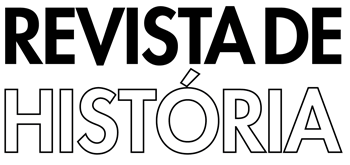Abstract
In the second half of the twentieth century, the medical doctor and writer Pedro Bloch (1914-2004) published children’s books and treatises on the voice and speech of children. Bloch listened to the children and recorded their interpretations of the world, which sounded funny. In this article we take as sources their two children’s dictionaries (1998 and 2001), starting from the hypothesis that they mark the emergence of a new position of the child in culture and society, in which it takes on the role of legitimate interlocutor. Methodologically, our reading is based on the ideas of authors such as R. Darnton, J. Huizinga, R. Williams and especially the Cultural history of humor by J. Bremmer and H. Roodenburg who focus on comedy as a key to understanding historical and cultural phenomena, which we concluded to have occurred in these volumes, which consider the positioning of children and point to the possibility of a new writing of the history of the child.
Keywords:
Child; dictionary; history; humour; Pedro Bloch


